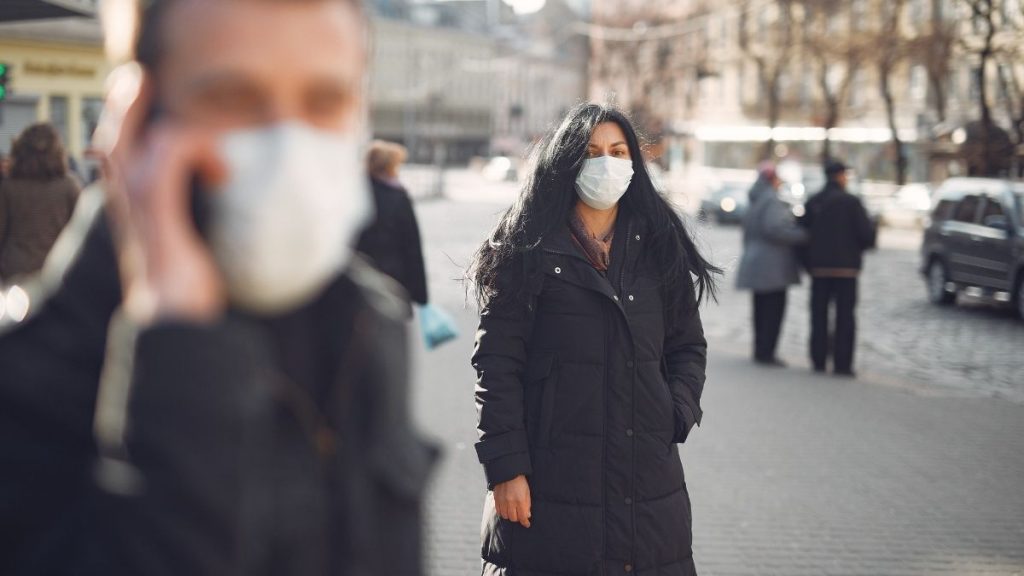When COVID-19 spread to the United States, the pandemic exposed 2 contrasting truths: a health care system that stands out at high-cost, complicated treatments while failing to offer enough access at the local level.
That lack of access to public health infrastructure might be the nation’s greatest challenge. It has likewise produced chances for healthcare start-ups, founders of Carbon Health, and Color stated Monday during TechCrunch Disrupt 2020, which began today.
The other big side of making health care available is really taking it to people where it’s part of their lives.
Medical care startup Carbon Health and Color are currently dealing with that issue. And in Carbon Health’s case, the business’s service design to bring premium medical care to the regional level gave it early insight into the spread of COVID.
Carbon Health has 25 primary care areas today. Co-founder and CEO Eren Bali noted that as early as February, the company started seeing clients pertaining to its centers directly from Wuhan, China with COVID-like signs.
Carbon Health’s technology platform asks clients questions prior to their go-to, which gathers important data and examines patients’ signs and issues ahead of time. Those early insights left Carbon Health with 2 options: shut down and wait for the COVID storm to pass or jump all in.
Laraki and Bali’s comments Monday throughout TechCrunch Disrupt compare with their particular company models and growth trajectory. COVID has simply sped up that development.
Previously today, Carbon Health introduced a new pop-up clinic design These clinics are now open in Brooklyn, Manhattan, Los Angeles, San Francisco and Seattle. The business is including more in the coming weeks, consisting of a center in Detroit. Ultimately, 100 new COVID-19 screening sites will be added with a collective capacity to manage 100,000 clients monthly throughout the nation. Color is collaborating with Carbon Health at its centers in San Francisco.
Meanwhile, as the pandemic swept into the U.S., Color constructed a platform to help ease the logistical and supply chain constraints around COVID screening. The company, which runs a big, automatic screening lab in the Bay Area, is now processing 75%of the testing in the city.
Today, there are still restricts to that hyperlocal level of health care. For example, someone who requires surgery should go to a medical facility, which may be hours away.
” It’s not that easy to press that to the edge,” Laraki stated, utilizing the surgical treatment example. “But I think what’s happening now– and I believe what’s going to happen in the next 10 years– is that we’re going to have really, truly edge-distributed healthcare.”
The concept is that technology will allow health care to be taken into neighborhoods in a more cost reliable model, which will make it more accessible. “That’s something that really hasn’t existed in the U.S. up until now and I believe it is truly starting to take place and it is fundamentally a technology problem,” Laraki included.
